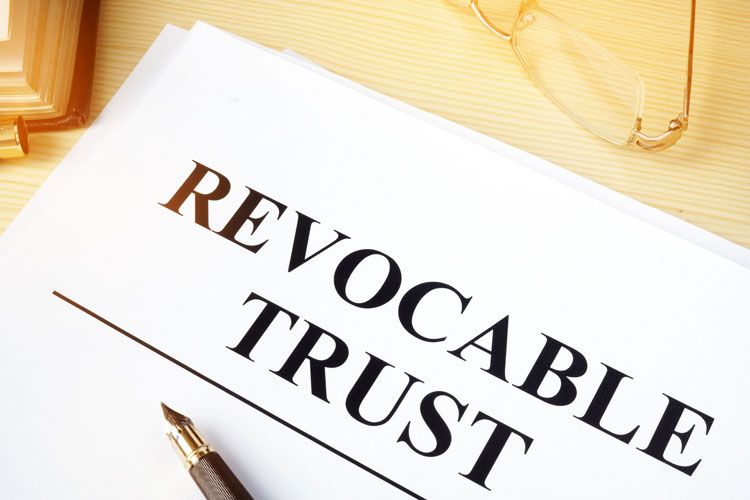Avoiding Probate with a Revocable Living Trust
 The base reason behind founding a revocable living trust is to avoid probate. Establishing a trust, after all, is not that difficult. It will make sure that your beneficiaries won’t have to go through a lengthy probate process in the court.
The base reason behind founding a revocable living trust is to avoid probate. Establishing a trust, after all, is not that difficult. It will make sure that your beneficiaries won’t have to go through a lengthy probate process in the court.
Besides, your personal affairs will always remain private. As soon as your will is on probate, it is open to the public.
Set-Up
Writing a trust agreement is the cornerstone of creating a revocable trust. It takes three parties to make an agreement: the beneficiary, the trust-maker, and the trustee. The duty of the trust maker is to fund and build the trust. The trustee on the other hand, handles all matters with property and the trust.
In the formation of a typical revocable trust, the beneficiary, the trust maker, and trustee are generally the same individual.
Funding
Once the trust creator signed and completed the agreement, he will then proceed to fund it. This task involves duties like transferring assets into ownership. The trust maker is likely to assign the trust as the beneficiary of annuities, life insurance, and retirement accounts. Trusts also hold real estate.
The trust maker is entrusted with the duty to spend, manage, and invest the trust’s property as beneficiary. The trustee can do the same for others’ benefits, if he or she happened to declare them as beneficiaries.
Avoiding Probate
Once the assets have been transferred to the trust’s ownership, the individual will stop ceasing to own the property by his name. In technical terms, the trustee owns the assets to assert benefits of the beneficiary. This beneficiary could be the individual trustee or later beneficiaries after his or her death. Since the individual relinquishes personal ownership, later beneficiaries will get the right over the property or asset without any probate. Therefore, the trust does not stop existing upon the person’s death, but continues to remain as a legal entity.
The successor of the trustee as per the agreement will fill in the trust maker’s shoe after his death. The new trustee can assert their control over investment accounts, business interests, and bank accounts. The trust maker will also avail proceeds from annuities, retirement accounts, and life insurance. The new trust maker will also be able to distribute the balance of the trust fund to other beneficiaries. The trust maker can do all these without having to involve the court.
Why probate may be required?
In case of any negligence in transferring certain property into revocable living trust, the specific asset will be subject to probate. This is common a scenario when assets were bought long after the trust was formed. In the absence of a will, your closest kin (heirs-at-law) will inherit the property.
You can always resort to a “pour-over” will to avoid such a consequence. You have to create the pour-over will when you create the trust. The aim of a pour-over is to make sure that ownership of any asset outside the trust will be under your beneficiaries’ jurisdiction after you decease.
However, any property outside the trust will require probate for sure, even though the pour-over sends the assets automatically to your trust; because you – not your trust – owned the property at the time of your death. So probate is must before transferring the ownership to a living entity. This is, however, your best shot at transferring newly acquired assets into your revocable living trust as soon as possible.